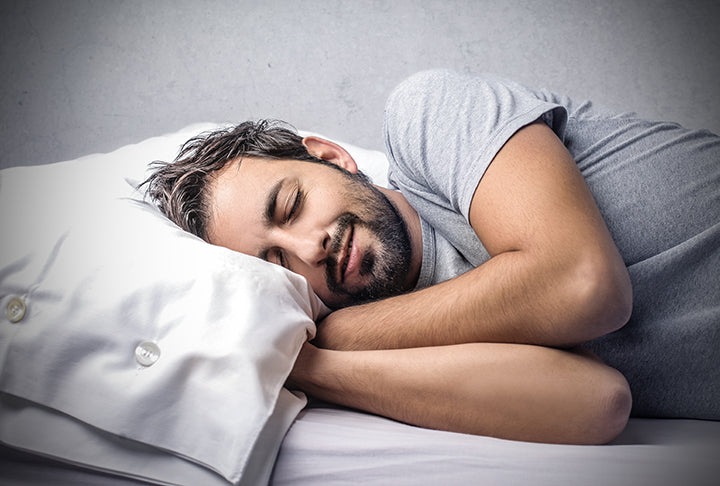
 Sleep: the Easiest Way to Manage Your Weight
Sleep: the Easiest Way to Manage Your Weight
Sleep is incredibly beneficial for mental health as well as physical health. But did you know sleep can also help to manage your weight? If you've recently gained some weight, have your sleep patterns changed?
Energy Use During the Day
Believe it or not, your body uses about 60% of energy(calories) during sleep/rest. The remainder is used during physical activity or during the digestion of food. Your body needs energy constantly to perform anything from minor functions like thinking, to major ones like physical activity. While you are awake, this energy mostly comes from glucose (sugar) in the food you've eaten recently, or glycogen (the storage form of carbohydrates) from food you ate earlier. When energy is running low, the body triggers hormones to induce appetite and hunger and then follow up with different hormones to help use the energy from that food.
Energy Use During Sleep
Energy is also needed during sleep for breathing and rebuilding body tissues like skin and muscle. However, hunger is not normally experienced during sleep despite the need for energy at this time. This is because sleep triggers a separate set of hormones than the ones used during the day. While it can use glycogen for energy, it prefers to use fat stores for energy. This is because the body goes into a state of "fasting". The nighttime hormones tell the body food is probably not coming for a while, and in an effort to conserve the limited glycogen stores, it switches over to energy from fat, which will last longer and is more calorically dense. Generally, the longer you sleep the more fat you are likely to burn.
The Sleep-More Diet?
Sleeping for longer than your body needs with the intention of burning more fat, is not the answer to weight loss. In fact, NO studies have indicated that sleeping for longer is associated with weighing less. This is probably because sleeping more than you need might actually make you more tired throughout the day, which can lead to over-eating, bad food choices or less physical activity. On the contrary, studies have found that people who sleep less often weigh more. Though still under investigation, some research indicates this has more to do with appetite/hunger hormones than it does with burning fat through the night. Less sleep apparently sets hunger/appetite hormones in high gear throughout the day,which means you are likely to eat more (and more of the "bad" stuff). Long term lack of sleep is stressful, which can cause the stress hormone cortisol to climb, which has been associated with abdominal weight gain.
The Take Home Message
Don't sleep too much or too little! A good night's rest (whether that be 7 hours or 9 hours for you) can provide benefits that will ultimately help to manage weight in the long-run, whether it be through burning fat, avoiding stress, and promoting normal hormone functioning. By: Scarlett Full, in-house Registered Dietitian
